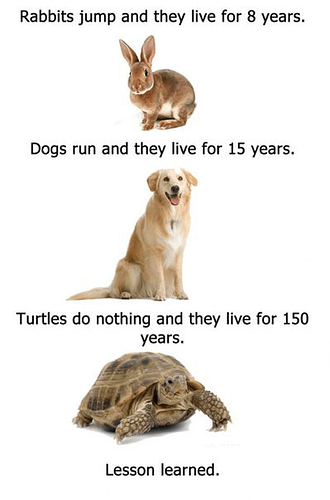I hope I can jump like rabbits. ----> I don’t know if that makes sense.
or
I wish I could jump like rabbits. —> That 's what I learned.
“I wish I could hop like a rabbit” is how I would say it.
Hop is the most common verb used when referring to jumping by rabbits. And a singular noun is typically used for any type of simile, unless both things being compared are plural or can be made plural.
He (singular) sang like a wounded moose (singular).
His face (singular) was like a five-year-old (singular) on Christmas morning.
Her eyes (plural) were like fire-breathing dragons (plural).
They (plural) fought like cats and dogs (plural).
They (plural) fought like hell (singular, because hell cannot be made plural).
hope跟wish都可以翻譯成“希望”不過不同的意思。 hope意味著你希望的事有可能性。
I hope I can go to your party on Friday (我可能會去)
wish暗含是不可能的。
I wish I could go to your party on Friday. (我不會去)
could的用法也是表示不可能的情況。
I wish I can go to your party on Friday (錯了,因為wish跟can的矛盾。
I have no idea whether there is any difference in the way it is expressed in 臺灣華語 (forgive me if this is the wrong term, but this is how ‘Taiwanese Mandarin’ is named in Wikipedia), but I just wanted to point out that there are a couple of different ways of expressing this in English, even though it means the exact same thing:
I hope that I can go to your party on Friday. = I hope that I will be able to go to your party on Friday.
I wish that I could go to your party on Friday. = I wish that I were able to go to your party on Friday.
Thank you very much for pointing that out, brucenator.
I like to see the equal signs because that means I could learn different ways to say one thing.
So rabbits hop, kangaroos hop, dogs jump, and people jump, right?!
in the general sense, yes
